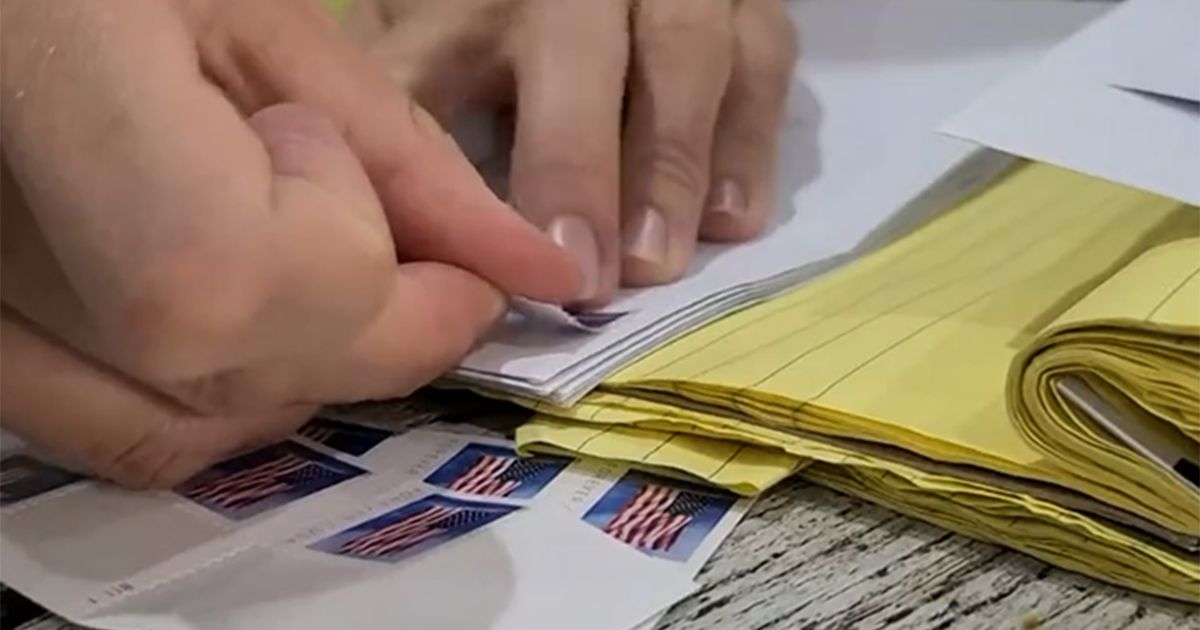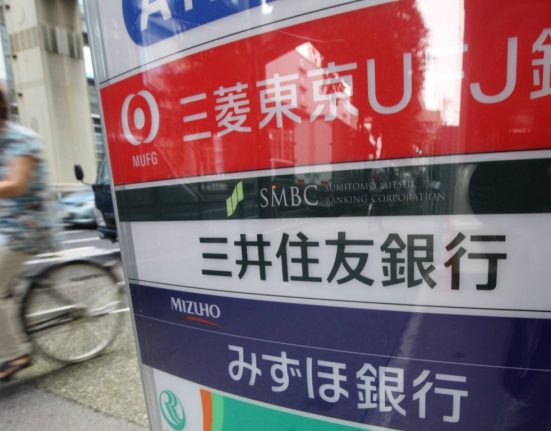A
Wake County woman nearly had thousands of dollars stolen after someone altered
a check.
Jane O’Connor and her husband
noticed their checking account reflected a payment to a person they didn’t know
for more than $4,000.
“Of course, I’m racking my brain
thinking, why would I have written a check to someone for $4,000?” O’Connor
said.
Turns out, she never did.
A person had stolen the $85 check
that O’Connor had written for a vendor, then chemically washed away information
to alter the amount, date and to whom the check was payable. That person then
deposited the check to their own bank account using mobile banking.
“[Mobile banking] is very
convenient, but I didn’t realize it was being used to commit theft like this,”
O’Connor said.
Several people have also reported
their checks being stolen and forged in Wake County over the last month,
including an incident in North Raleigh on July 10.
WRAL covered the trend in 2024, where thousands of dollars worth of stolen cash were tied to crimes in Southern Pines, Raleigh and Cary.
The U.S. Postal Inspection Service
encourages people to reduce their chances of becoming a fraud victim by taking
checks directly into the Post Office and dropping it off with outgoing mail,
rather than sending directly from a home mailbox.
O’Connor took those recommended
steps, though it’s possible the check was still intercepted before it reached
the hands of the vendor.
“Everybody’s still learning, and
the criminals keep changing the game up too so and that’s what keeps us busy,” said
Sgt. Kurt Steinberger with the Wake County Sheriff’s Office Fraud and Property
Crimes Unit.
While exact numbers are hard to
trace since check washing often falls under general fraud, the Wake County
Sheriff’s Office continues to see more of these kinds of crimes, as criminals
evolve their strategies.
“We’re seeing more and more of it
just because of the fact that people still haven’t been able to get away from
sending checks in the mail,” Steinberger said.
The sheriff’s office recommends people
turn to paying all bills online, or handing checks to businesses in-person rather
than going by mail.
Steinberger said criminals have
started researching businesses addresses and staking out near their mailboxes.
They’ll also often alter checks to be between $4,000 and $8,000.
“It’s basically a way for them not
to be noticed and kind of fly under the radar if they keep the amounts low
enough,” Steinberger said.
In addition to avoiding sending
checks by mailbox, the U.S. Postal Inspection Service has more tips:
- Deposit mail before last pickup or at your local post office
- Retrieve your mail frequently, and avoid leaving it in your mailbox overnight
- Write checks with blue or black gel pen ink







